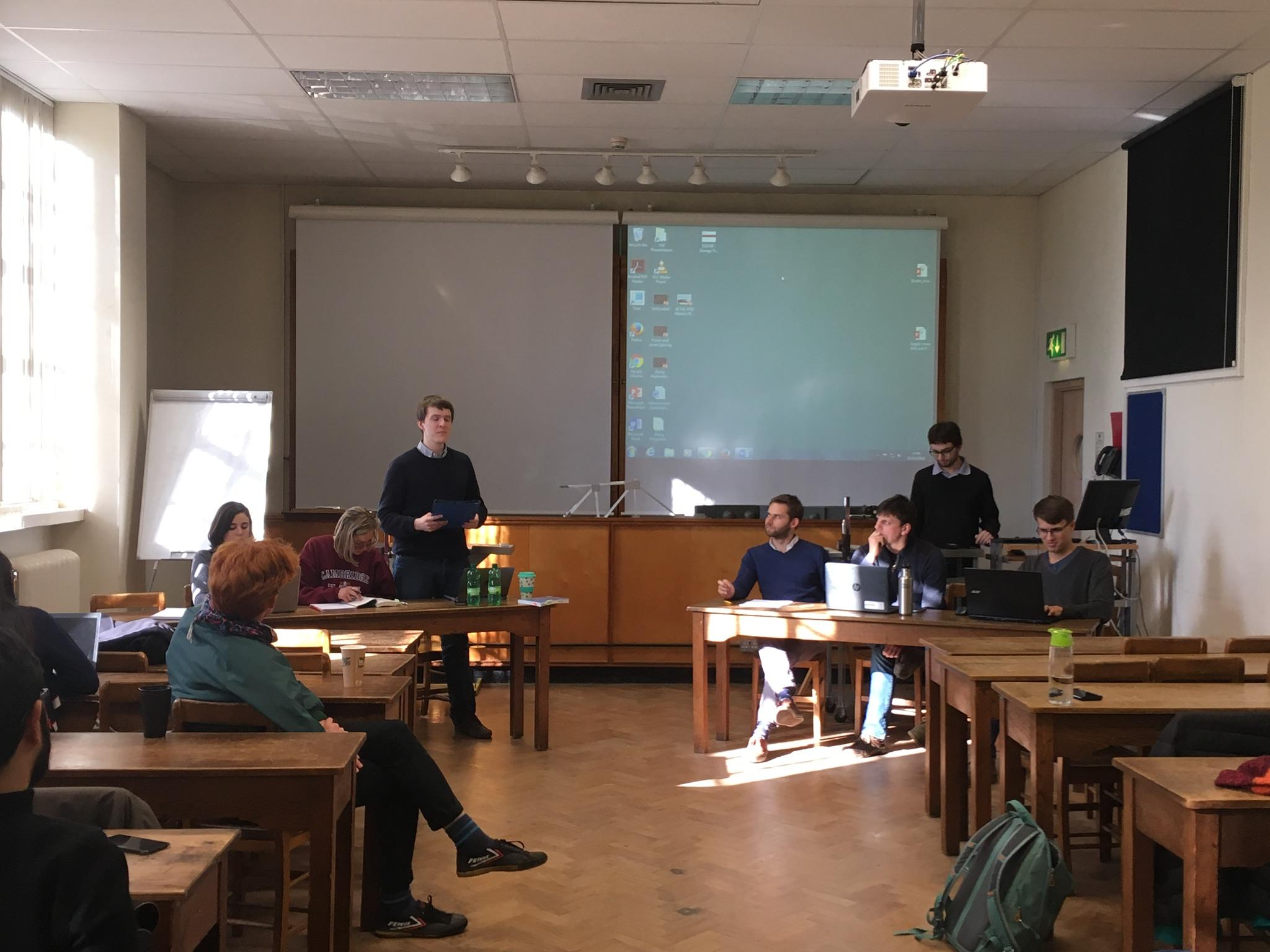
Submitted by Miss Sian Owen on Wed, 21/03/2018 - 16:49
Debate on nuclear energy (description by Alejandro Fiocco)
At the beginning of March, ESD students gathered once again for the much anticipated second event in our series of debates. This time, the discussion was around a rather hotter topic (in every sense of the word). Considering the goals set in the Paris agreement, the debate asked if Nuclear energy is required for achieving them. After an introductory video, the preliminary vote suggested that most of the class was “in favour of Nuclear energy.
As most topics discussed throughout the course Nuclear energy in a complex one and, as such, it sparked an interesting debate. It is clear that Nuclear power is not a renewable source of energy, due to its nature. However, it is also true that it is a “clean” alternative as opposed to fossil fuels and could help us transition into a greener future. Important issues were raised during the debate, including the problem with public perception of the technology, and time lags in building nuclear power.
Although the final vote remained constant, the debate proved to be very engaging, allowing us to explore interesting ideas and understand that the technical side is not enough to comprehend a problem. And this is the beauty in what we do: if we want to resolve the problems of our days, we need to acknowledge that environment, society and economy must be seen as a whole, a complex system in which all must be taken into account.
Happy Easter from ESD 2017-2018!
